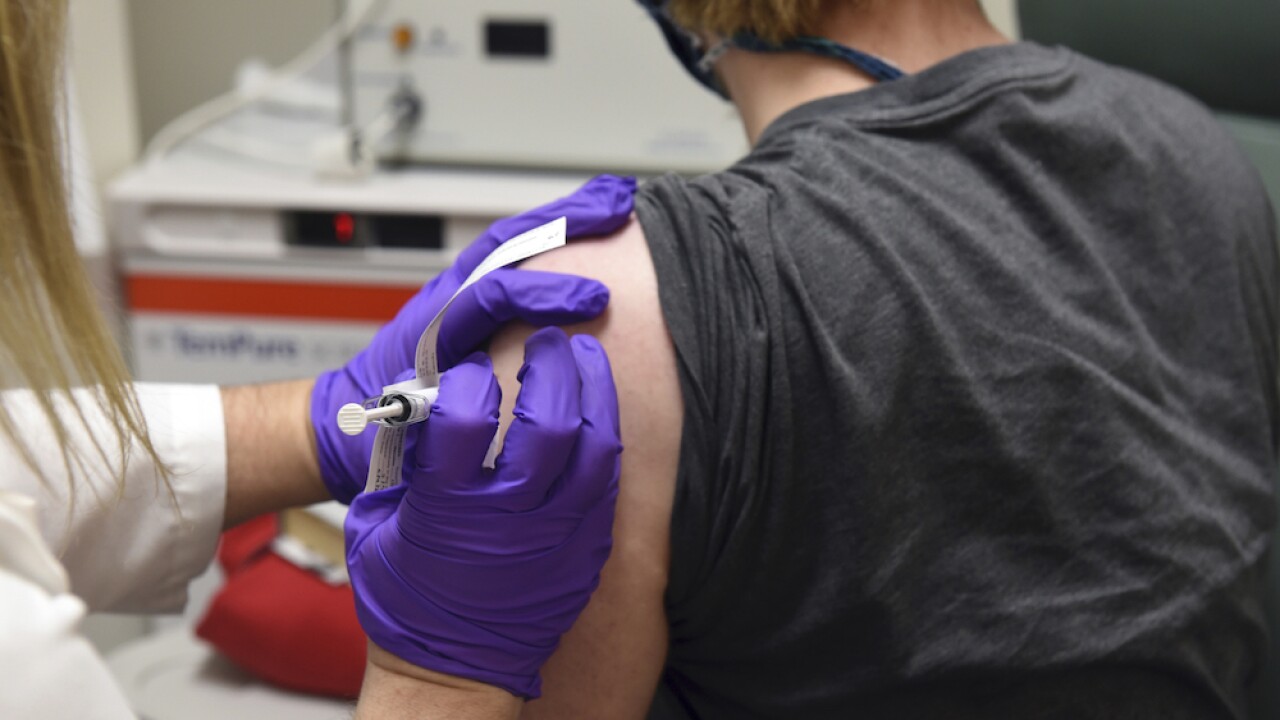KANSAS CITY, Mo. — Most Americans will have to wait months before they can receive the COVID-19 vaccine, and some in the Kansas City metro are fine with that.
"I'm going make sure that it's fully deployed and tested, well tested, and it's a safe vaccine," Michael Perrie, who will wait before getting vaccinated, said.
With the first shipments of the Pfizer-BioNTech COVID-19 vaccine set to arrive this week, some people are in no rush to roll up their sleeves.
"I'm pretty hesitant on it," Marcus Smith said. "I wouldn't, I want to say I'll be one of the first to get it. I kind of want to see what happens with it."
On Sunday, the Centers for Disease Control and Prevention's weekly report published their advisory committee's recommendation for use of the vaccine -- covering potential side effects.
Doctors said side effects are common and a sign that the vaccine is working. Leana Wen, an ER physician and former Baltimore Health Commissioner told CNN, there are two "general types" of side effects.
"One is pain, swelling, redness at the injection site itself and then the other is, kind of flu-like symptoms, body aches, fevers, headaches, fatigue," Wen said.
CDC advisers recommend residents in long-term care facilitie and health care workers get inoculated first.
"Due to the severity of the disease potentially, and the chance to give to other people, and those that are susceptible, such as elderly, or high risk of immune system problems, etc. Oh, yeah, I think it's well worth it," Jay Sutoris, a pharmacist, said.
Experts believe 70% of Americans need to get the shot before the country can potentially reach herd immunity.
"I'm honestly tired of COVID, so maybe I would get it just for that simple reason," Dishae Smith said.
Kansas officials anticipate the state will receive 150,000 doses of the vaccine, and Missouri expects more than 300,000, by the end of the week.
The U.S. now has a total of more than 16 million reported cases of COVID-19, according to data from Johns Hopkins University.





